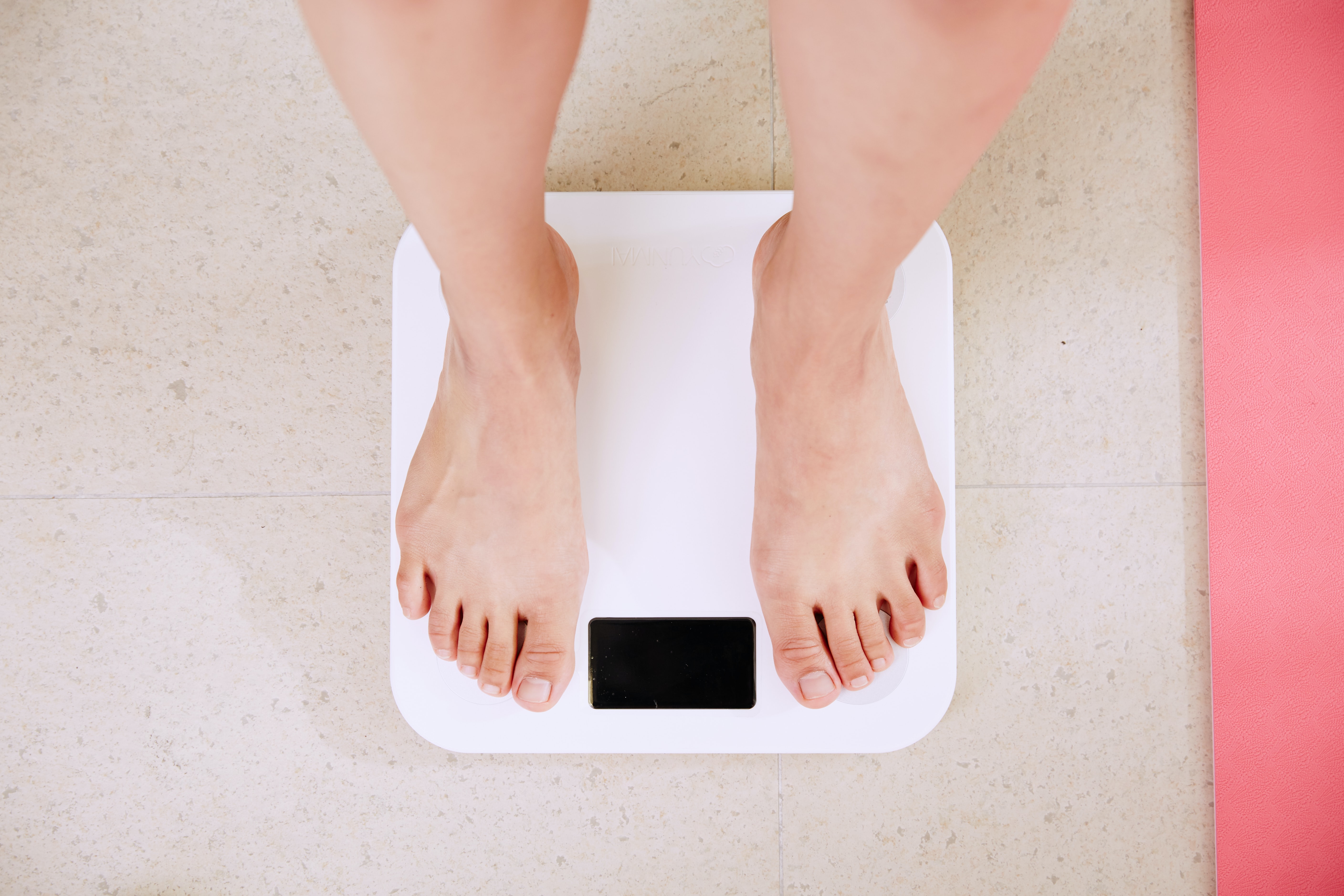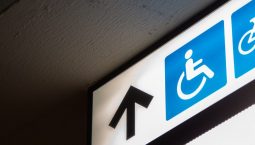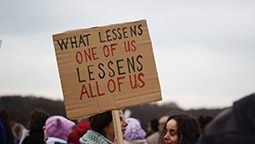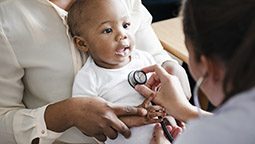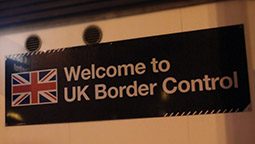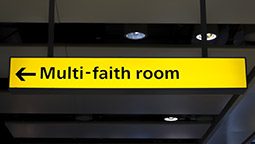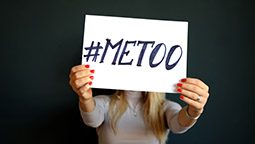Pupils are set to be weighed regularly in English primary schools from September, but some are concerned that the process will encourage disordered eating behaviours and impinge on children’s rights.
Postponed after the country’s first lockdown in March 2020, the imminent reintroduction of the National Child Measurement Programme (NCMP) is being touted as an alert system for parents to monitor if their children are at risk of developing a weight problem. Children will be weighed in reception year (aged four to five) and in year six (aged ten to eleven).
“There are a number of reasons to be concerned that the pandemic has increased obesity across the population – including in children,” said Russell Viner, a past president of the Royal College of Paediatrics and Child Health (RCPCH). “[But] we have no data on what the pandemic has done to obesity in children and the NCMP is essential for this.”
How Weigh-Ins Impact Children’s Rights
However, the weigh-ins could impinge on children’s rights, specifically those ratified in the United Nations Convention on the Rights of the Child (UNCRC) – rights which England is yet to adopt fully into law. Article 2 of the UNCRC offers protection from discrimination, article 3 requires that the best interests of the child be paramount and article 16 safeguards children’s privacy.
Scotland, which has incorporated the UNCRC into Scottish law, has not announced whether they will introduce regular weigh-ins.
Although the NCMP is being depicted as a health-focused programme designed to tackle weight issues among children, the implementation of the system has the potential to harm children’s mental health.
“We know that the pandemic has had an incredibly harmful impact on people with eating disorders – there’s been a 300% increase, for example, in people using our helpline,” explained Tom Quinn, Director of External Affairs at BEAT, the UK’s biggest eating disorder charity. “Instead of introducing measures to support children who may find the transition out of lockdown difficult and supporting them in that process, it feels like the government is choosing to introduce something with significant evidence that it can play a role in eating disorders.”
Research into the prevalence of eating disorders is limited, so exact figures are scarce. However, it is estimated that approximately 1.25 million people in the UK have an eating disorder. Up to 6.4% of adults display signs of an eating disorder, according to the NHS information centre.
“It’s quite similar in many ways to the government’s recent decision to legislate that all businesses have a certain size of calories on the menu,” continued Quinn. “I think both measures seem like a knee jerk reaction of ‘we need to be seen to be doing something’, rather than something that’s evidence based, and really not taking into account the impact that they’ll have on very vulnerable people.”
During reception year and year six, a medical consent form will be sent to parents by schools for parents to either opt out of or opt into the NCMP.
Children’s Health Is A Shared Responsibility
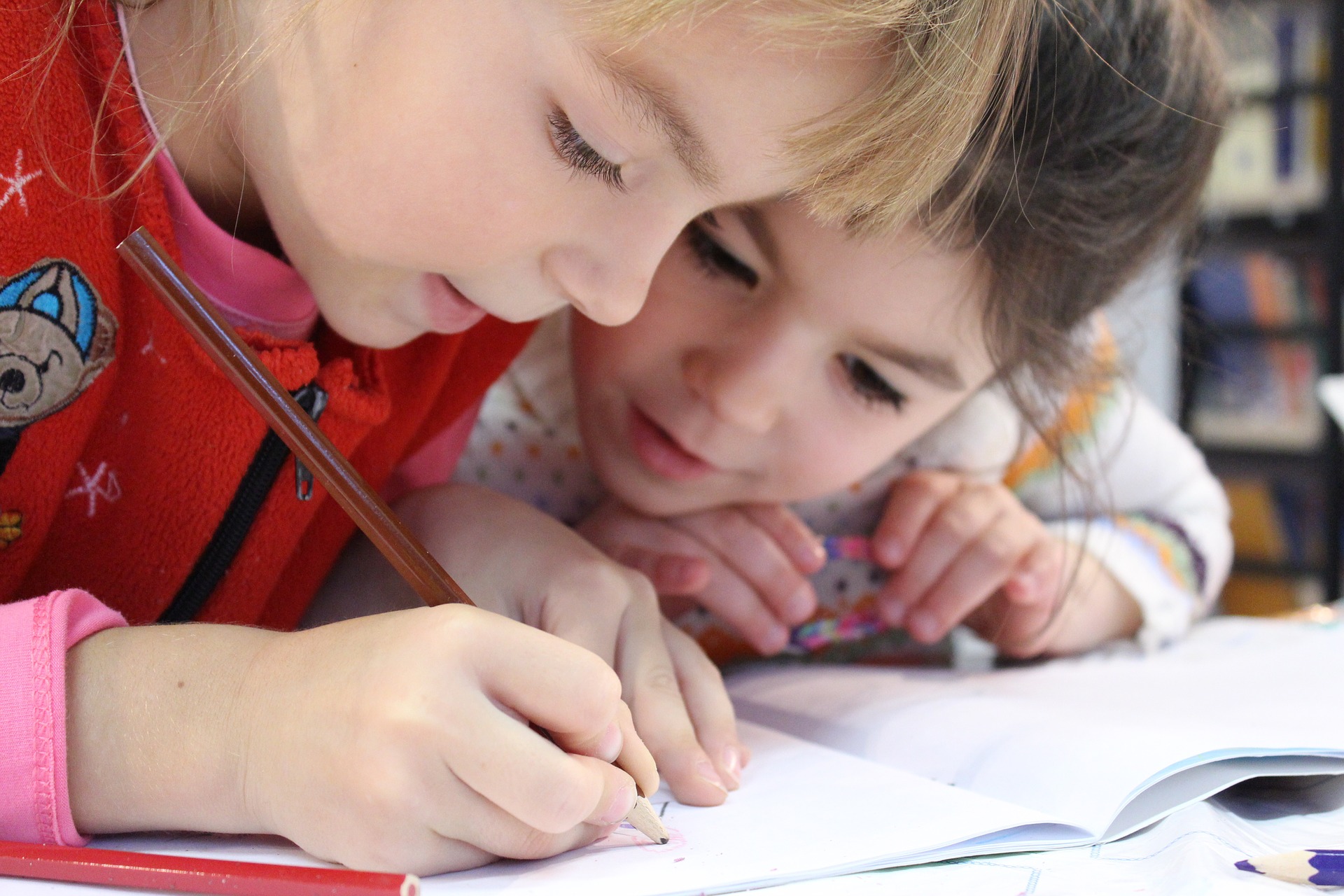
Weigh-ins at schools are not new and many have attested the psychological harm inflicted by them. Lucy McKay, who works in charity communications, was weighed with her classmates during a Duke of Edinburgh Award trip to determine which attendees would carry the heavier luggage.
“We went one after another, and each person’s weight was written on a whiteboard in front of everyone,” she said. “Many of my friends, particularly girls who felt as though they had almost been shamed and punished for being slightly heavier, left in tears.”
The Labour party has called on the government to ensure that the programme is backed by the “public health resources needed to tackle obesity.”
“We can’t just shame children and their parents into losing weight after a difficult 18 months,” said shadow public health minister, Alex Norris. “Schools and families must be given the help needed if we’re to see any real improvement in the obesity crisis.”
“Of course there are reasons you might need to know someone’s weight,” continued McKay, “but this has to be done with sensitivity to the cultural and emotional baggage that comes with it.”


